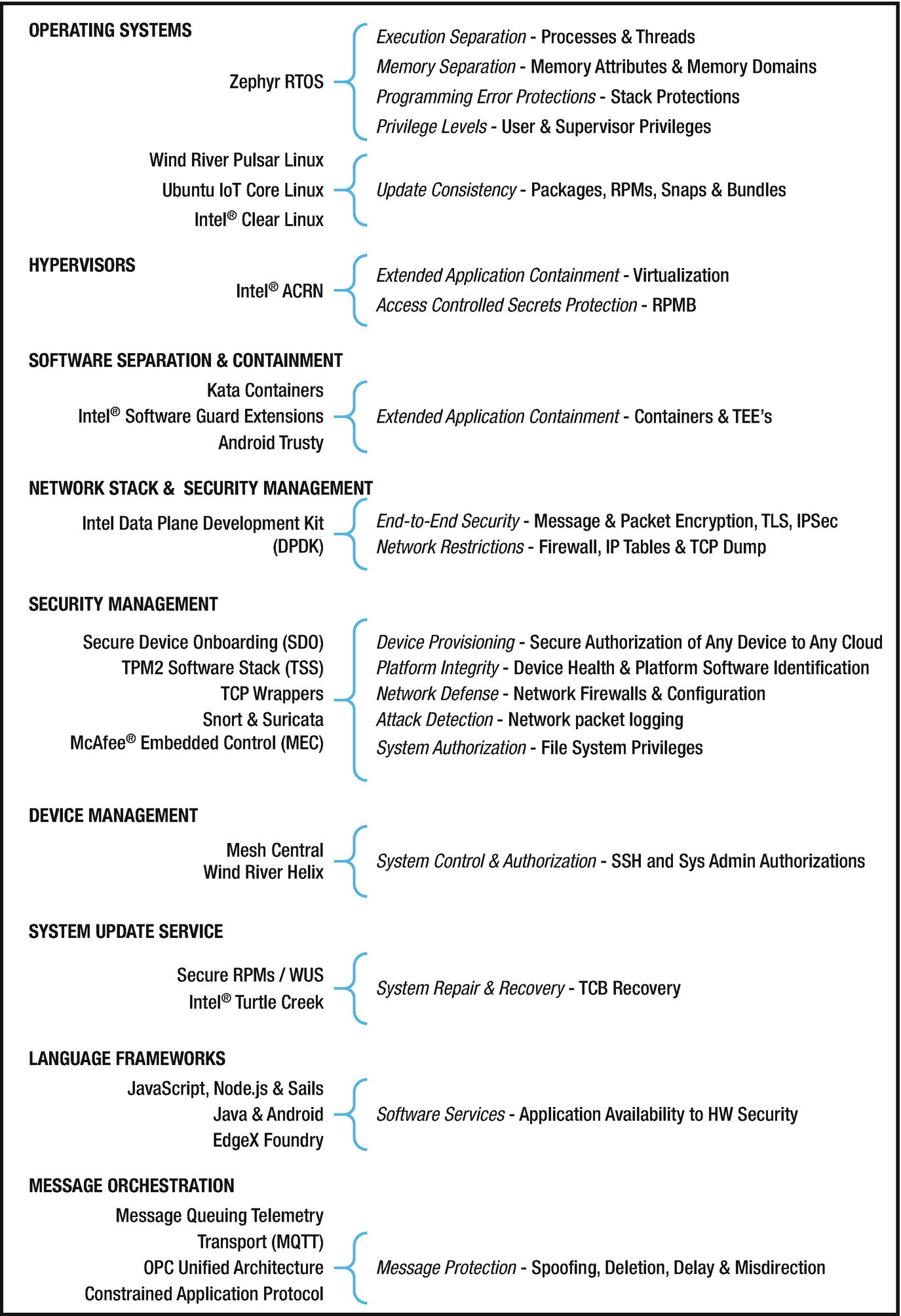
This is what happened when I executed the program: $.

Since gets() does not check array bounds so it will try to copy the input in the str buffer and this way buffer overflow will take place. The idea here is to input a string whose length is more than 10 bytes. and then calculated the length of this string and printed back on stdout.

In the code above, I have used gets() to accept a string from user. Printf("\n len of string entered is : \n", len) Gets(str) // Used gets() to cause buffer overflow Here is what I was trying to do : #include I came to know about these flags when I was trying to reproduce a buffer overflow on my Ubuntu 12.04 with gcc 4.6.3 version. Earlier it was solely the responsibility of programmers/developers to make sure that there is no possibility of a buffer overflow in their code but with time compilers like gcc have got flags to make sure that buffer overflow problems are not exploited by crackers to damage a system or a program.

It refers to attacks that exploit bugs in code enabling buffer overflows. Stack smashing is a fancy term used for stack buffer overflows.


 0 kommentar(er)
0 kommentar(er)
